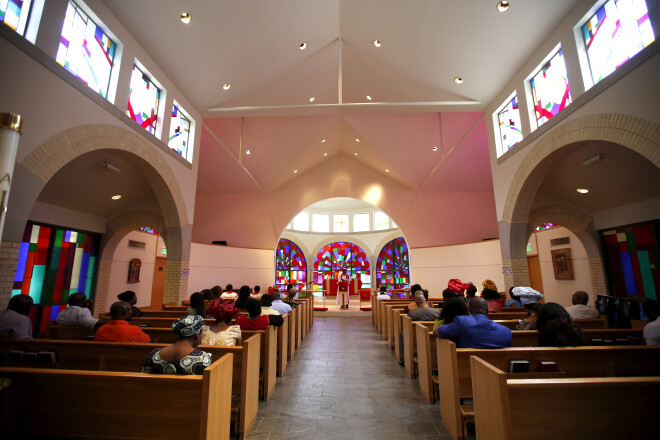The Collects of Thomas Cranmer

A part of our building of our Church which is ‘Anglican-specific’ is yet to come. But before we move on, let us illustrate the points we have been making from the writings of Thomas Cranmer, the 16thcentury writer of the Book of Common Prayer and martyr. He finds the right balance in a beautiful prose style. (I am grateful to Paul Zahl’s book on the collects for this idea).
Sixth Sunday After Epiphany (pg. 164)
We have to be given grace to do any good thing, including to fulfill the commandments.
Ash Wednesday (pg. 166)
We even need grace to be given the contrition of heart that makes us desire grace and prepare us to receive forgiveness.
Fifth Sunday of Lent (pg. 167)
We likewise need grace to turn the commandments from an onerous law into something we can love. It thereby gives us a stability of hope in contrast to the dispersion we find in the world.
Sixth Sunday of Easter (pg. 174)
Love must be poured into our hearts so that we can love, and even love things that exceed our nature capacity to love. Grace then precedes and exceeds human love.
Proper 1 (pg. 176)
God’s grace makes us more than we ourselves deserve, and so forms in us callings beyond our natural capacities.
Proper 23 (pg. 183)
Grace is ‘prevenient’- it goes before, so that God’s agency precedes, accompanies, and follows ours.
Read the Collects and see if you can find other examples of the devotional illustration of the doctrine of grace.



